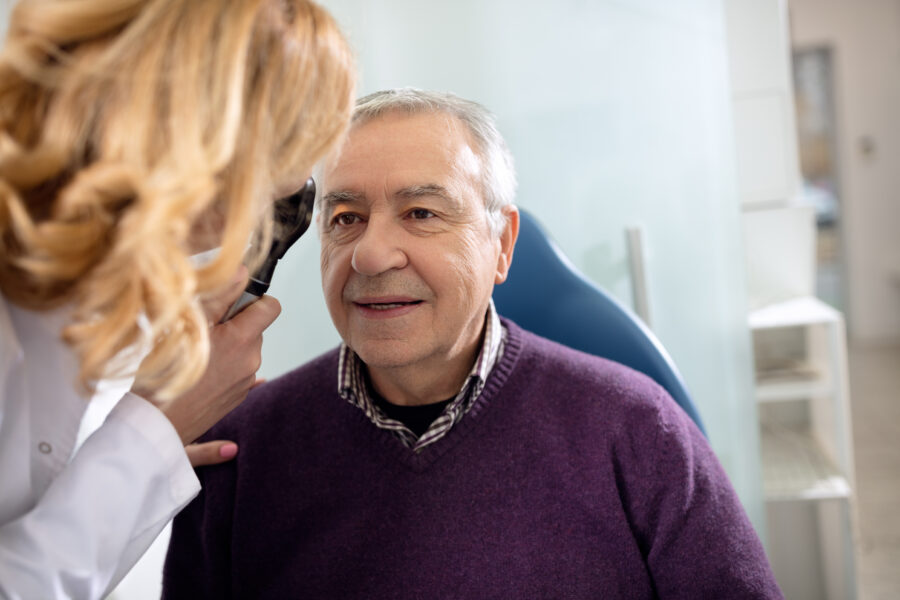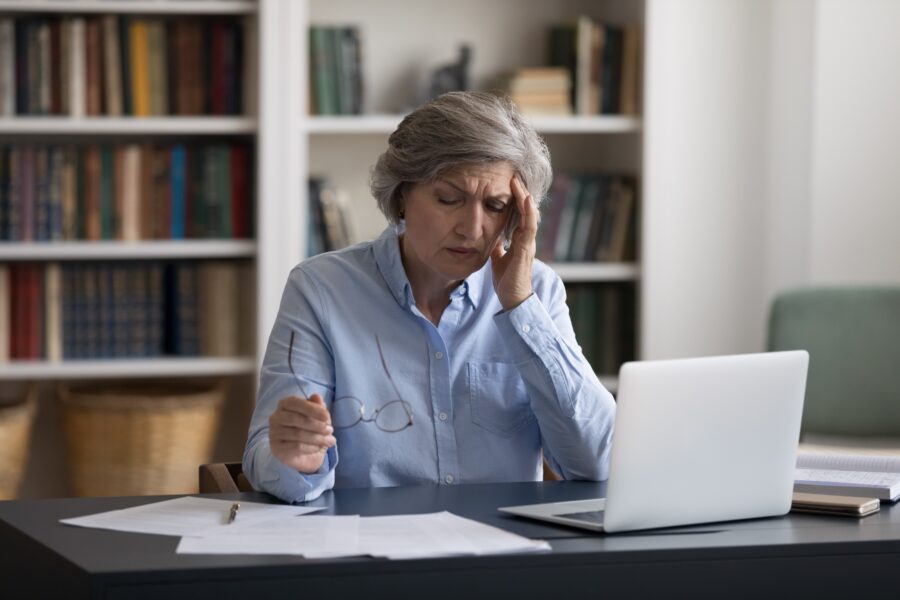Blog post
A Guide to Healthy Eyes

Matthew Burford BSc(Hons) Optometry MCOptom - Domiciliary Optician and Professional Services Manager at OutsideClinic
5 minute read time
Life can get pretty hectic, and sometimes we forget to give our eyes the attention they deserve.
By taking the time to prioritise our eye health, we can make a huge difference in reducing the risk of vision problems and enjoying life to the fullest.
Here at OutsideClinic, our amazing team of mobile opticians have years of experience helping individuals maintain their eye health. We asked them to share some practical tips and tricks that you can easily incorporate into your busy schedule.
After all, we know life can be a juggling act, but your eye health doesn't have to be one more ball to juggle.
Know what symptoms to look out for
Some of the common symptoms of eye health issues include:
- headaches
- itchy eyes
- blurry vision
- sensitivity to light or dark
Sometimes, these symptoms may simply indicate that you need a new prescription.
Some of the more serious symptoms that require immediate medical attention include:
- flashing lights or a shadow in your vision
- red or painful eyes
- sudden loss of vision
While these symptoms can indicate an underlying eye or health condition, they can also be the result of different factors like stress or lack of sleep.
However, it's essential that you do not self-diagnose an eye condition. If you have concerns and would like some advice, get in touch and we can advise the best course of action based on your individual circumstances.
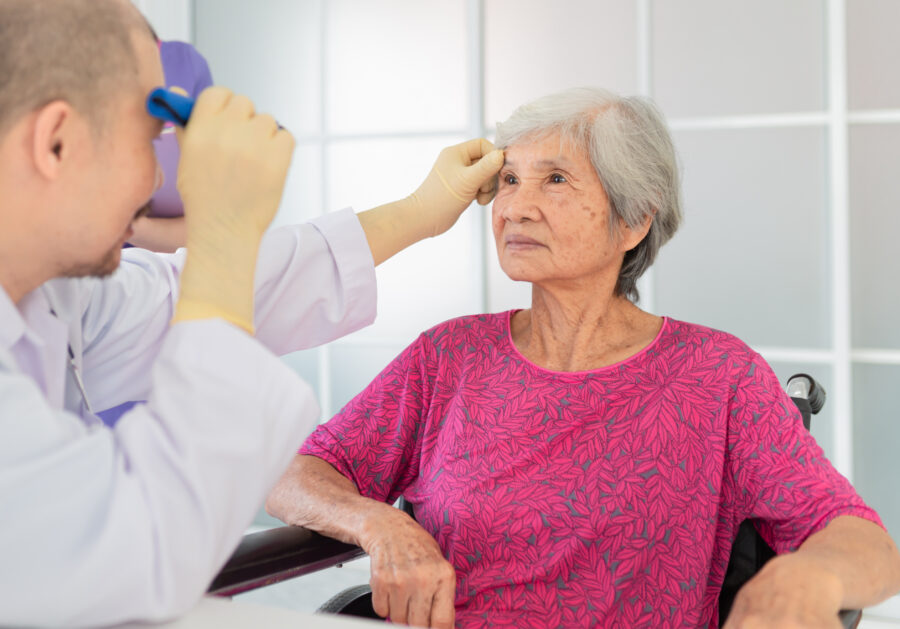
Have a healthy diet
It's essential to eat a healthy, balanced diet to promote good eye health.
Nutrients found in certain foods, such as Lutein and Zeaxanthin, Vitamin C, Vitamin E and Zinc, have been found to reduce the risk of certain eye diseases.
Good general nutrition is beneficial to overall health and can help prevent other common conditions as we get older.
Try to avoid a diet high in calories and low in nutrients. Eating too many processed foods or foods high in added sugar, salt and saturated fats can lead to obesity and high blood pressure, which is linked to several conditions which can impact our eye health.
For more, see our article on the best foods for eye health.

Practice safe computer use
Always apply the 20-20-20 rule when using a computer or looking at a screen for an extended time - every 20 minutes, look at something 20 feet away for 20 seconds. This will give your eye muscles a rest.
Other ways to look after your eyes when using a screen is to ensure that you blink regularly and set up your computer correctly.

Protect your eyes
Ensure that you are taking extra measures to protect your eyes accordingly to the weather or activity.
If you are on a DIY project, wear protective eyewear if necessary, and wear glasses or sunglasses with UV protection to protect from the sun's harmful rays.
Wearing glasses with a built-in UV filter can help protect against cataracts developing, as even the winter sun’s rays can be harsh on the eyes.

Stop smoking
Tobacco contains thousands of compounds that are toxic and potentially damaging to your eyes.
Research suggests that smokers are up to four times more likely to develop age-related macular degeneration (AMD) than non-smokers.
Smokers are also more likely to develop cataracts.
Smoking can make diabetes-related sight problems worse.
The best thing you can do for your eyes is to stop smoking.

Get regular eye tests
Did you know that regular eye tests are not just about checking whether your current glasses are up to date?
An optician won't just check your vision; they will also check your eyes' general health and can spot early signs of eye disease when it is easier to treat.
An eye test can also help detect problems, such as cataracts or glaucoma. Not only that, but it can help identify general health problems, like diabetes and high blood pressure.
Most people should have an eye examination at least every two years.
OutsideClinic offers accessible and comprehensive eye tests conducted in the comfort of your own home. Our eye specialists are based all over the UK.
NHS funded at-home eye tests are available for eligible individuals who find it difficult to leave their home.
Check your eligibility for an NHS funded sight test at home
If you would prefer the convenience of an at-home eye test but you don't qualify for NHS funding, private home eye tests are available for £60.
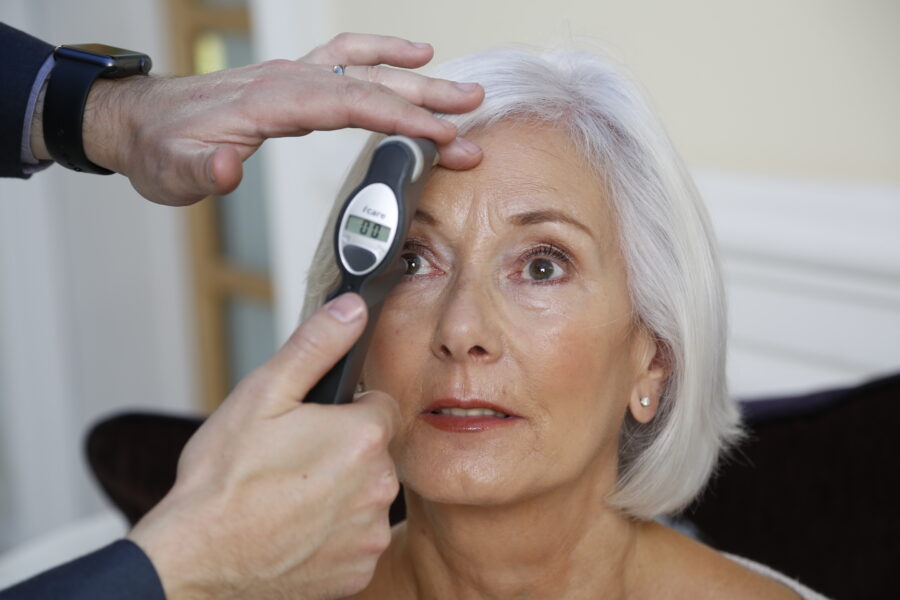
Ensure you get enough light
Did you know that our eyes need three times as much light at aged 60 as they did at age 20?
Keep your home bright and light by keeping the curtains open during the day and ensuring appropriate lighting. Daylight bulbs are an excellent investment to keep the house as bright as possible.

Ensure you get enough sleep
Sleeping is when your eyes are lubricated and cleared out, so a restful night sleep is essential.
Aim for eight hours a night, and ensure your room is dark enough to aid a night of good, deep sleep.
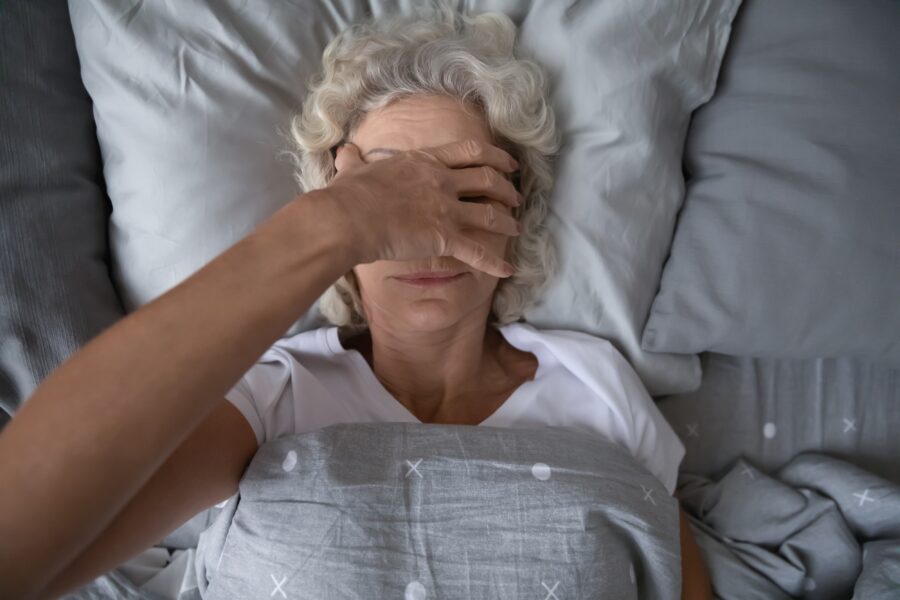
We hope these tips will help you maintain excellent eye health, but if you have any concerns about your eye health or sight levels, always consult an optometrist.

By Matthew Burford BSc(Hons) Optometry MCOptom - Domiciliary Optician and Professional Services Manager at OutsideClinic
Matthew graduated from Aston University in 2004 with a degree in Optometry.

